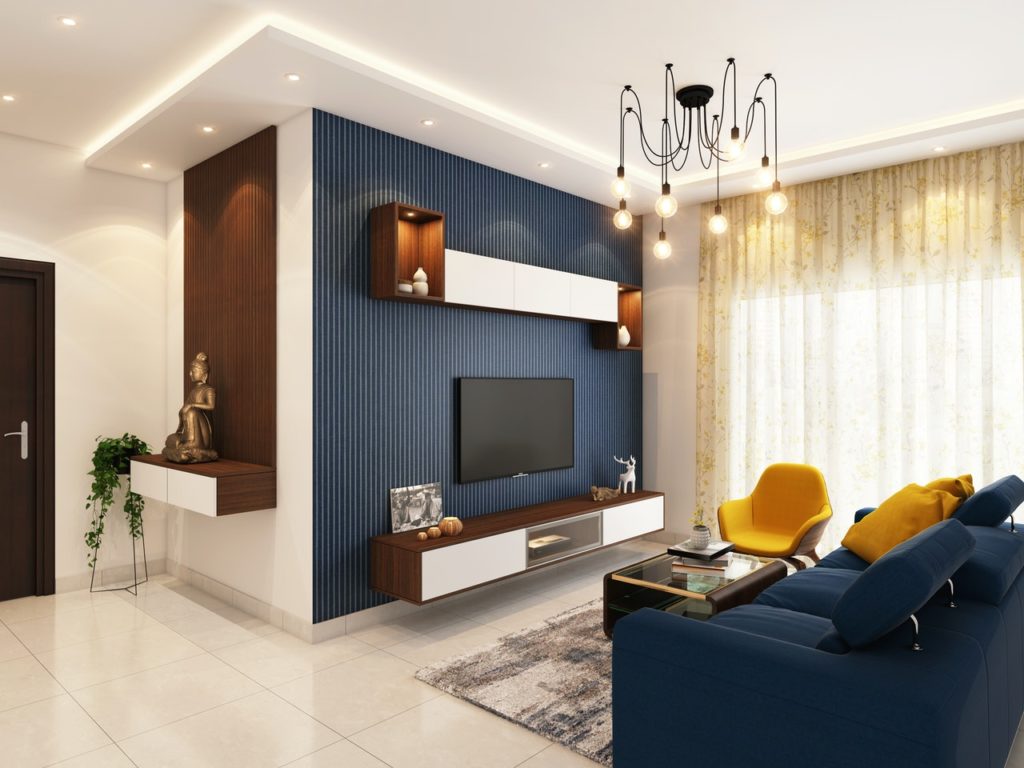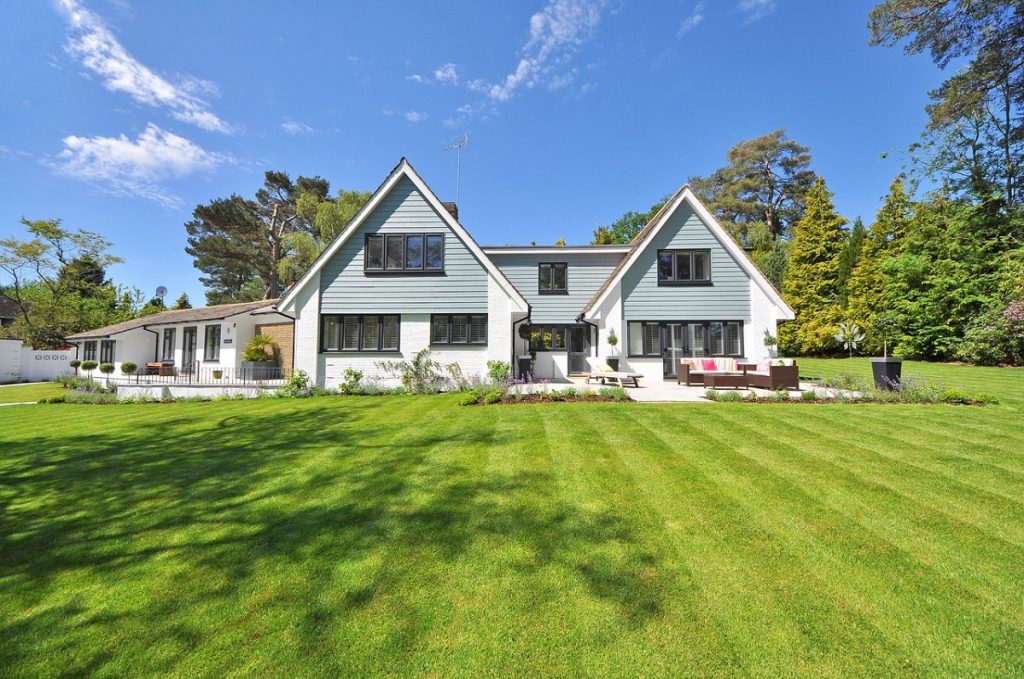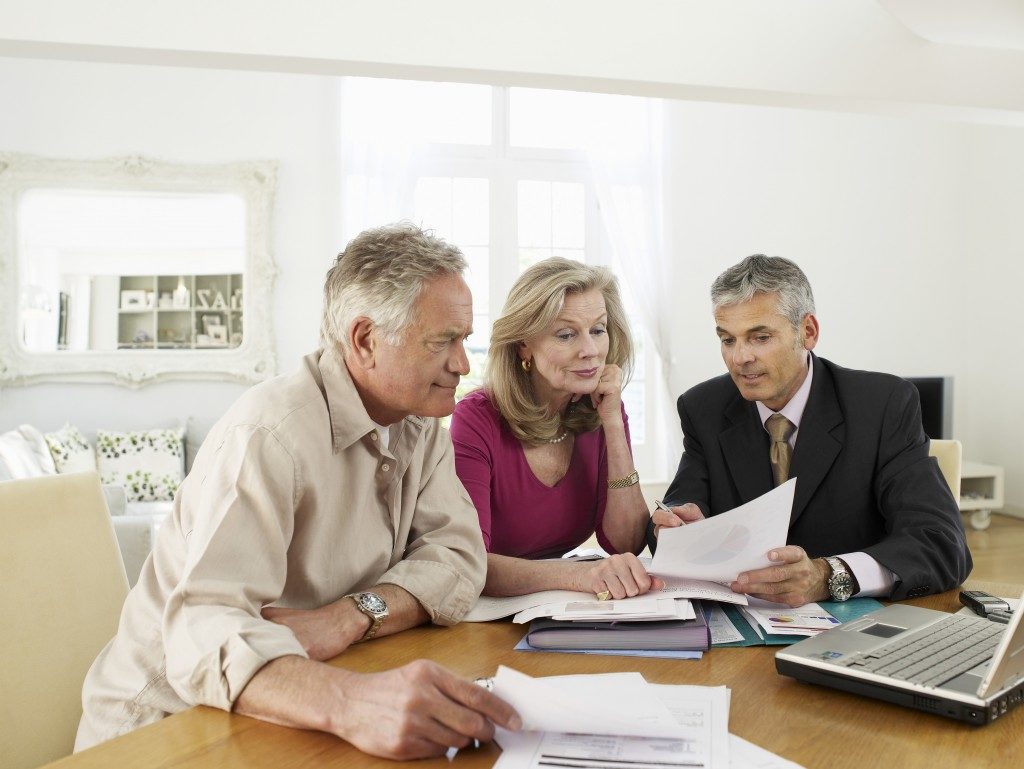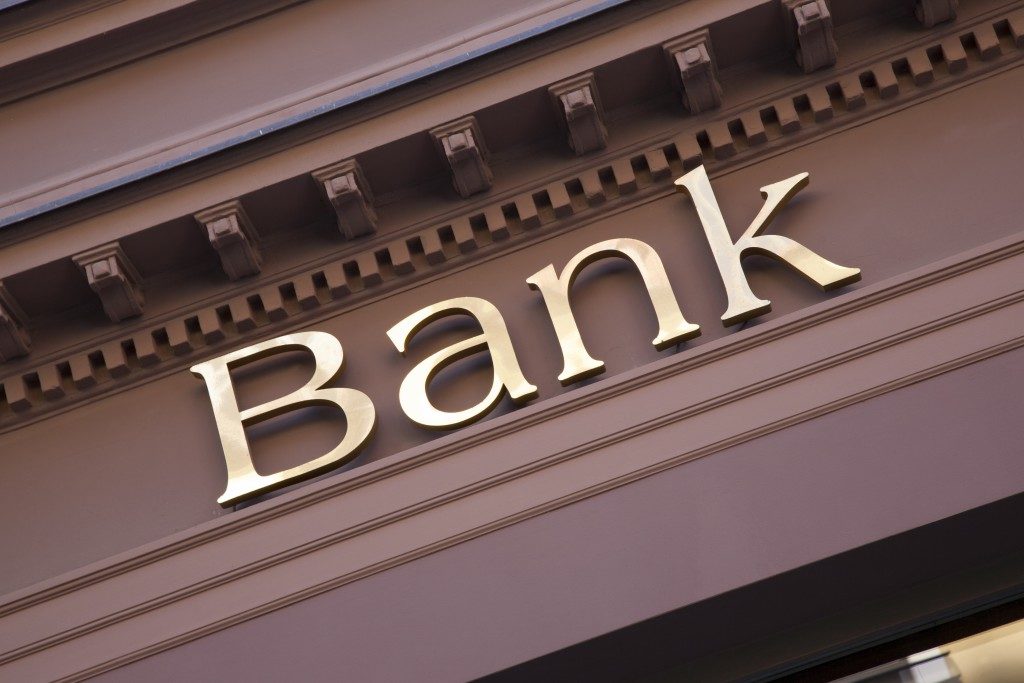Australia ranks eleventh in the world when it comes to the high cost of living. Saving money and securing your finances can be difficult, especially after the ongoing turmoil that started in 2020. However, a home still one of the best investments you can make, particularly one that pays for itself.
Stay Far Away from the Cities
Property prices in Melbourne have soared past $1 million in 2021. A small apartment in the city can go for over $600,000. Just renting will set you back $1,600 a month. Most urban centres reflect the property prices of Melbourne.
Moving farther from the city is a good option, especially since the government is making efforts to improve suburban living. House and land prices stand at around $600,000, with most having three to four bedrooms. Improved road conditions cut the commute to Melbourne to less than an hour. Still, very few need to travel as suburban communities usually provide most of the services and amenities of big urban centres.
A home loan with a 20-year term costs $3,500 a month or $2,700 a month on a 30-year term. The premiums should be easily covered by a working couple or anyone earning more than $8,000 a month. A home also secures your retirement, eliminating the high cost of rent from your expenses and giving you a comfortable place to stay.
Use the Sun for Power
Once you have a suburban home, make sure to invest in solar power. Advances in technology have made solar power practically free, with most systems paying for themselves in five to ten years. The average Australian home spends more than $100 a month on electricity. An 8-kW solar power system, which can cover the daily energy use of an average home, costs around $7,000. Excess energy produced goes to the grid to cover nighttime use and months when the sky is overcast (almost non-existent in Australia).
A 5-year loan will put premiums at around $120 a month. The savings in your electric bill should be enough to cover your monthly payments, and you’ll have free electricity after five years. Solar power systems can last for 35 to 45 years. Most solar companies guarantee the first 25, ensuring 80 percent efficiency in solar panels and the system itself. 30 to 40 years of free electricity will save you around $35,000 to $50,000. Buy an electric car and save another $3,500 on petrol every year.

Earn with a Granny Flat
Even if the folks won’t live with you in the next decades, a granny flat is still a great option for any home. Although Victoria doesn’t allow granny flats to be rented out long-term, they can still be used for Airbnbs. The average Airbnb host in Australia earns $5,000 to $6,000 per year, more if one is situated near a popular destination or provides additional services. Airbnbs are easy to run, and most tourists limit their stays to resting and sleeping.
Grow Money on a Greenhouse
One way to make full use of your property is by growing cash crops in a greenhouse, particularly medical cannabis or marijuana. You’ll need a special license to grow medical cannabis, but all your efforts will be worth it once you start selling. A single gram of it sells for around $20, with a whole ounce (28 grams) selling for $300. If you’re selling to a dispensary, prices will go down to $15 a gram.
However, selling bulk is a lot easier than going retail. A 10-feet by 20-feet greenhouse can grow up to 15 plants, yielding an ounce per plant in every harvest, which should earn you more than $6,000 per harvest (typically after two months). Opt for a polycarbonate greenhouse so that your crops don’t get scorched in the sun and beef up security to discourage theft.
Add a Home Gym
A place to exercise can cut your health-related expenditures by more than $3,000 a year. Obesity is a growing problem in Australia. 30 percent of the population is obese, and another 30 percent is overweight. Obesity is one of the most significant factors in most hospitalisations, particularly heart problems and strokes.
The Australian Diabetes, Obesity, and Lifestyle Study estimated the health-related expenditure costs for obese individuals at $2,500 per year or more than $3,000 if the person also suffered from diabetes. The expenditure costs take into account government subsidies. Without the subsidies, healthcare expenditures go up to $8,000. A dedicated place for physical activity and exercise can help maintain or control the weight of your family, avoiding obesity as well as the health problems and costs it incurs.
Australians are opting for homes away from the big cities. Make a few additions to your suburban home and turn it into a penny-pinching and money-earning property.





